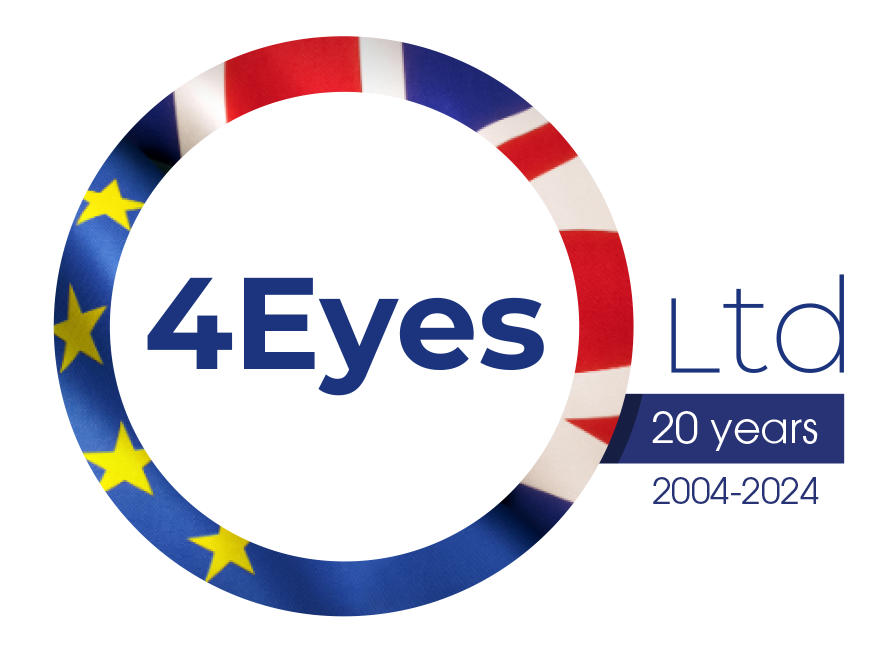Retroactive End-Use Relief
DHL Air (UK) Ltd Loses Appeal on Retroactive End-Use Relief for Imported Aircraft
Case Citation: DHL Air (UK) Ltd v HMRC [2025] UKUT 198 (TCC)
Background
Between June 2016 and February 2017, DHL Air (UK) Ltd imported seven aircraft into the UK under an expired end-use relief authorisation. End-use relief allows reduced or zero customs duty for goods imported for specific prescribed uses (e.g. aircraft for commercial operations).
In April 2017, DHL applied for retroactive authorisation to cover the earlier imports. HMRC refused the request and raised a customs duty demand of approximately £3 million.
Tribunal Proceedings
First-tier Tribunal (FTT): Found against DHL, holding that the April 2017 request was not a renewal of the earlier authorisation.
Upper Tribunal (UT): Dismissed DHL’s appeal, upholding the FTT’s findings.
Key UT findings:
Different Legal Regimes: The 2017 application could not be treated as a renewal because it fell under the Union Customs Code (UCC) (in force from May 2016), whereas the previous authorisation was granted under the Community Customs Code. The scope and codes were materially different.
“Exceptional Circumstances” Test: Under Article 211(2) UCC and Article 172(1) UCC Delegated Regulation (EU) 2015/2446, retroactive authorisation can only be granted in exceptional circumstances. DHL did not meet this test.
No Discriminatory Treatment: The UT found no evidence that HMRC had acted unfairly or inconsistently compared with other operators.
Legal Context
End-Use Relief is governed by Articles 254–258 of the UCC (Regulation (EU) 952/2013).
Retroactive authorisation is strictly limited to exceptional cases, requiring detailed justification and contemporaneous evidence (UCC Delegated Regulation, Art. 172).
UK law (post-Brexit) retains these provisions under the Taxation (Cross-border Trade) Act 2018 and secondary legislation.
Key Takeaways for Businesses
Keep authorisations current: Importers must ensure that reliefs such as end-use, inward processing, and customs warehousing are valid at the time of import.
Retroactive relief is rare: Applications will only succeed if genuine exceptional circumstances exist, supported by robust evidence.
Fairness arguments must be substantiated: Claims of discriminatory or unfair treatment must be backed by clear, comparable examples.
✅ Practical Tip: Businesses should regularly review customs authorisations and expiry dates, ensuring renewals are processed ahead of time to avoid unexpected multimillion-pound assessments.
